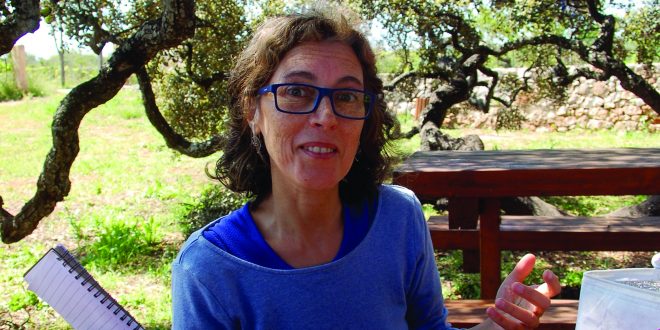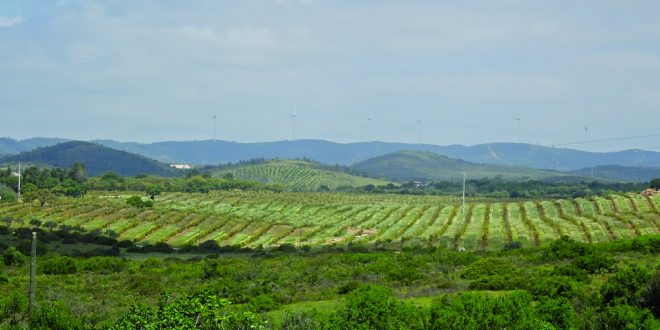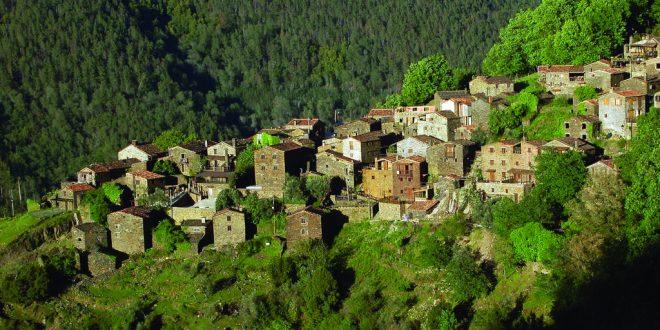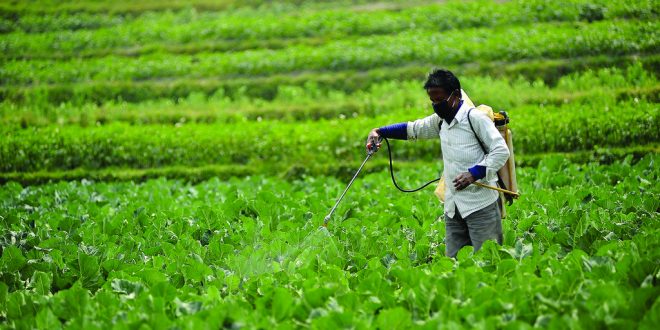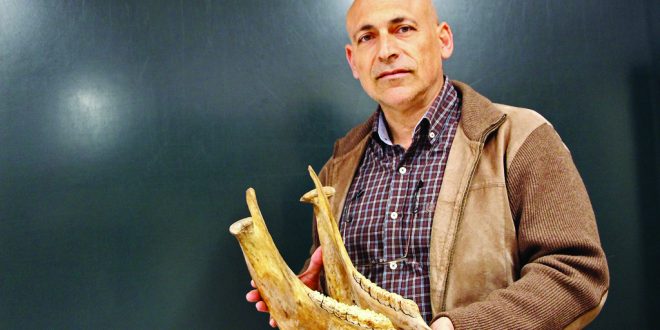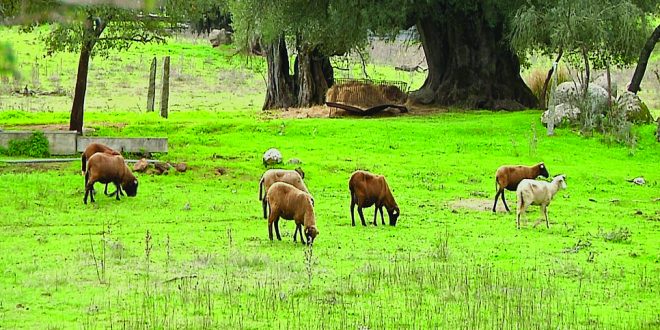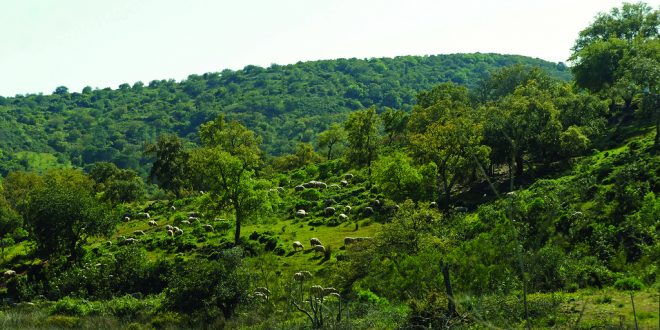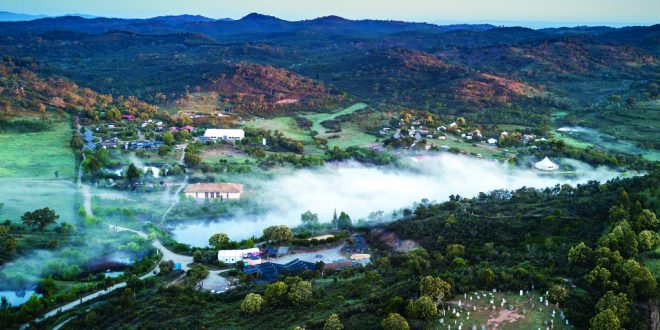ECO123 talked to Cassandra Jorge Querido (aged 54), a landscape architect who was born in Évora and has been working for the past 26 years on matters relating to the environment. We met in the picnic area, at Benafim, in the municipality of Loulé, beneath an oak-tree, a holm-oak tree that is over 500 years old. We talked and had lunch together… Is the new Law No. 10/2018 going to help prevent fires in Portugal? In my opinion, this law isn’t in any way fit for purpose. And it may even make matters worse if it’s implemented. So, it’s dangerous? …
Read More »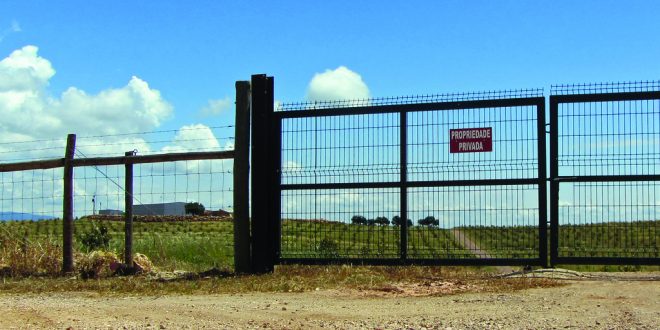
 Eco123 Revista da Economia e Ecologia
Eco123 Revista da Economia e Ecologia

